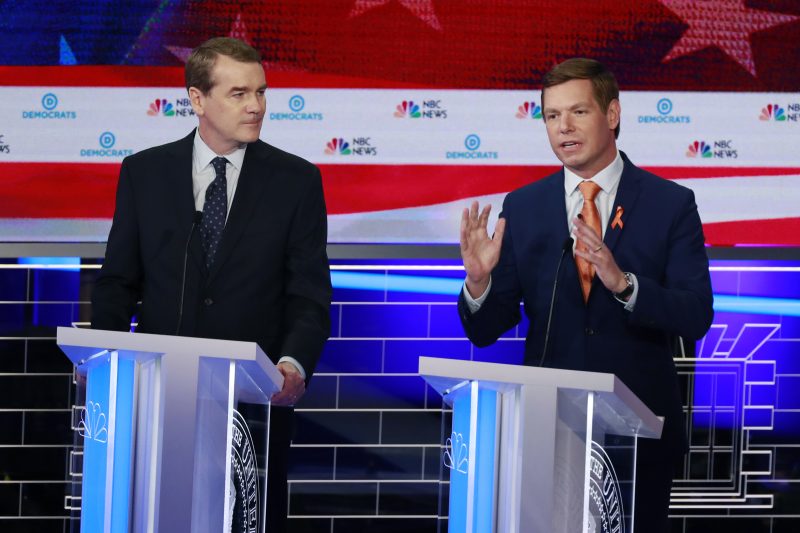In the ever-evolving terrain of politics, the aging leadership of the Democratic Party is facing a critical challenge in passing the torch to a new generation of leaders. Despite the growing chorus of calls for change and fresh perspectives, the party seems to be stumbling when it comes to grooming and promoting younger voices to the forefront of the political arena.
One of the central issues facing the Democratic Party is the lack of a coherent and coordinated strategy to effectively transition power to younger leaders. While there have been efforts to promote diversity and youth representation within the party, these initiatives have often fallen short of producing tangible results. The reluctance of the establishment to loosen its grip on power and embrace new ideas and approaches is a major impediment to the advancement of younger leaders within the party ranks.
Moreover, the entrenched power structures and established hierarchies within the Democratic Party pose a significant barrier to the rise of younger leaders. The established order tends to value experience and seniority over youthful energy and innovation, making it difficult for emerging leaders to break through and make their voices heard. This hierarchical system not only stifles the potential of younger leaders but also alienates a significant portion of the party’s base that is looking for fresh, dynamic leadership.
Furthermore, the Democratic Party’s struggle to pass the torch to younger leaders is exacerbated by a lack of clear succession planning and mentorship programs. Without a well-defined pathway for aspiring young politicians to navigate the complex landscape of party politics, many promising talents are left to fend for themselves, struggling to find their place within the existing power structures. This lack of support and guidance further reinforces the perception of a party that is out of touch and resistant to change.
To overcome these challenges and revitalize its leadership ranks, the Democratic Party must make a concerted effort to embrace generational change and actively promote the development of younger leaders. This requires a fundamental shift in mindset among party elites, who must recognize the value of diverse perspectives and fresh ideas in driving the party forward. It also entails the implementation of concrete measures to support and empower emerging leaders, such as mentorship programs, leadership training initiatives, and opportunities for meaningful involvement in decision-making processes.
In conclusion, the Democratic Party’s struggle to pass the torch to younger leaders is symptomatic of a broader issue facing traditional political organizations worldwide. By overcoming the barriers to generational change and embracing the potential of younger voices, the party can not only reconnect with a new generation of voters but also position itself for long-term success in an increasingly dynamic political landscape. Only by investing in the development and promotion of emerging leaders can the Democratic Party hope to remain relevant and effective in the years to come.


























